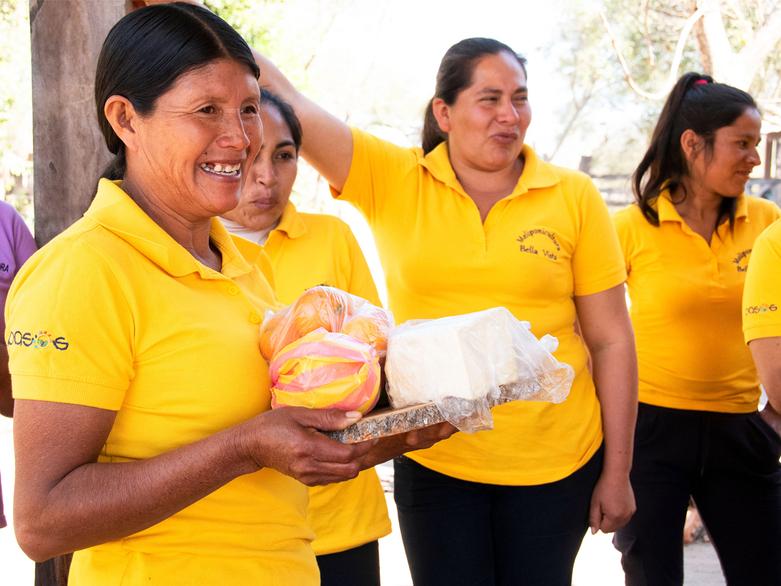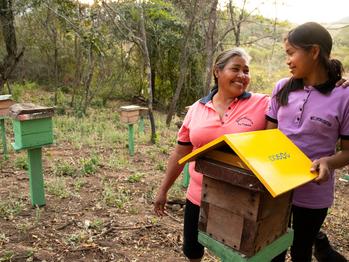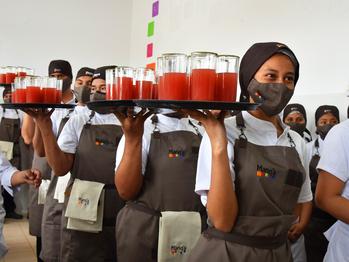Results
The innovation fund has promoted ten measures to date. These include support for the establishment of the national autonomy council, advice on the setting up of the national council of indigenous self-governing bodies, strengthening the geopolitical role of Bolivia in a regional and international context, and promoting participation and social oversight within state institutions. Of these ten measures, four have already been completed.
One of the initial project results is that it enables the members of the national autonomy council and interested members of the public to learn about public finances and technical analyses carried out as part of the realignment of the financial equalisation system through information disseminated via both the internet and social networks. Discussions relating to this realignment can now take place based on objective information.
Fifty young Bolivians in public service and at universities have been given training on the topics of geopolitics and regional integration, thereby enabling these future decision-makers to consolidate and expand their knowledge in these areas. In addition, a training programme is now in place and will benefit more groups in future.
The establishment of the council of indigenous self-governing bodies provides indigenous communities with a platform on which to express their concerns and interests to the national government and to push ahead with the development of the plurinational state which grants different peoples and ethnic groups the right to self-determination.
Thanks to the participation and social oversight measure, a total of 35 municipal and departmental governments have enhanced their transparency. Campaigns for greater transparency have been set up at administrative level. Digital platforms provide the public with financial information while young people are joining networks and actively calling for greater transparency.
Last Update: February 2021


